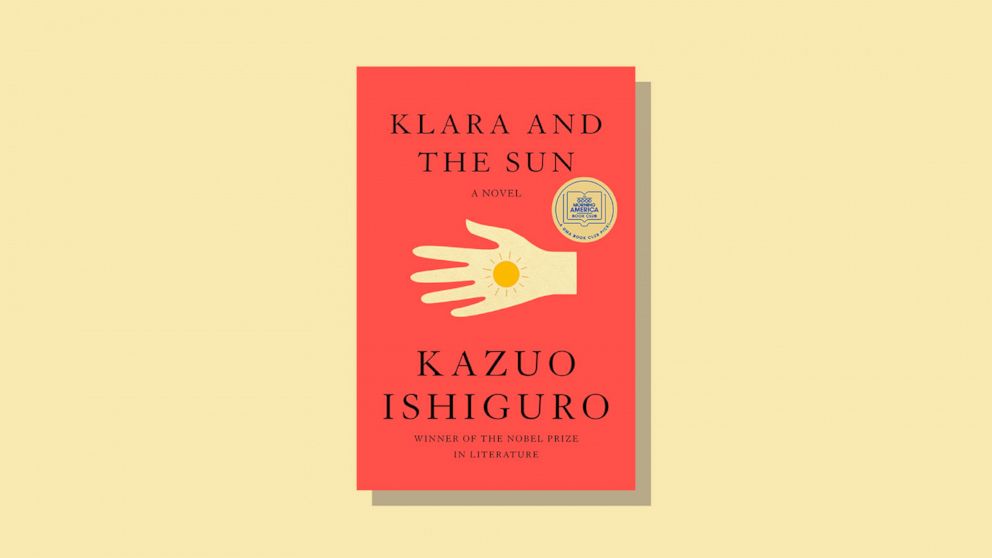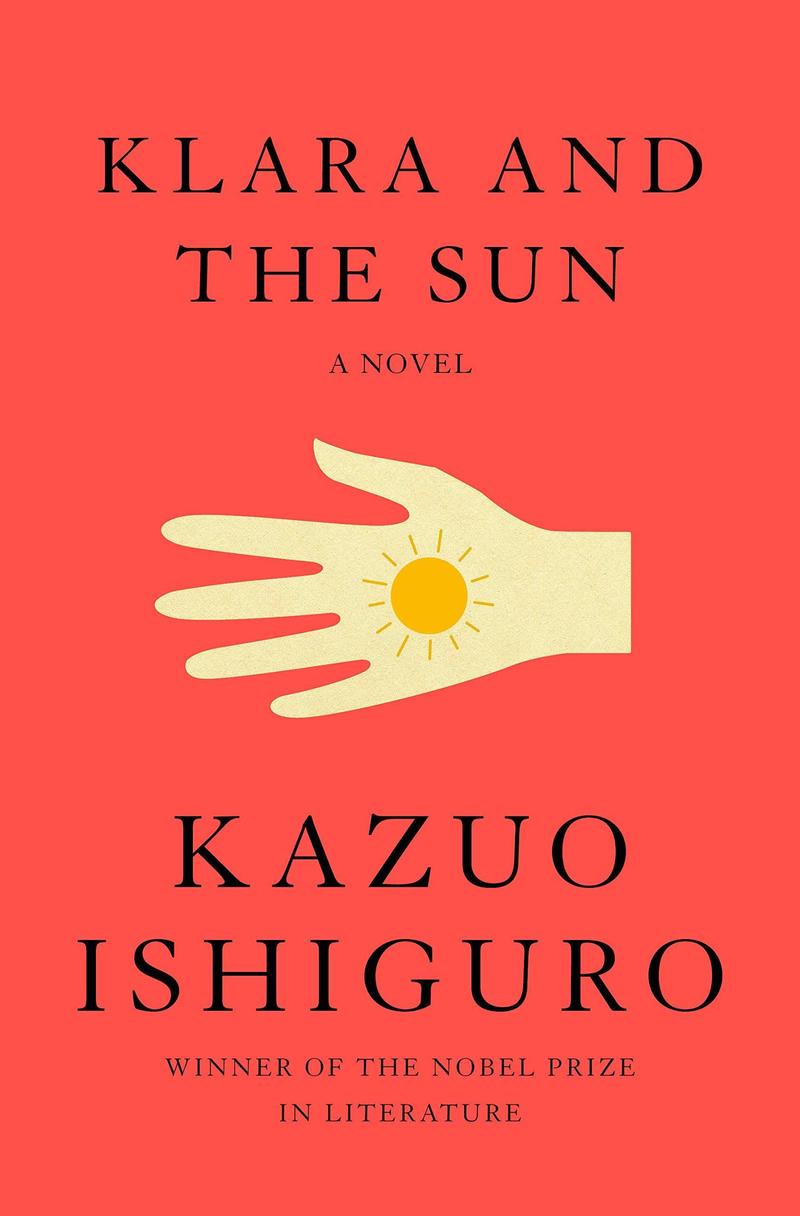


As she informs us, “unlike most AFs… I’d always longed to see more of the outside – and to see it in all its detail.” It’s during her period by the window that Klara observes the dreaded Cootings Machine, pouring its pollution into the sky, which will play a pivotal role in the unfurling of the plot. Not only does it improve their chances of being sold, but it also means the AF can bathe in the nourishment provided by the sun (they are powered by solar energy).

All the AFs look forward to the day when they’re given the “special honour” by the Manager to stand by the window and represent the store to the outside world. She is an AF (Artificial Friend), wide-eyed and innocent, who spends her days in a store, alongside other AFs, waiting to be purchased as a companion for a boy or girl. Ishiguro initially conceived the novel as his first children’s book, and vestiges of that remain in the child-like innocence of Klara. To quote Winterson: “We’re going to share the planet with a self-created non-biological lifeform smarter than we are! Well done, human race!” Their voices have now been joined by Nobel Prize laureate Kazuo Ishiguro, who deliberately did not read either Frankissstein or Machines Like Me, but whose eighth novel, Klara and the Sun, portrays a future where the class divide is further widened by artificial consciousness and genetic splicing. Yet Winterson and McEwan have argued that, as a society, we’ve underestimated the ethical and social implications of manufacturing a whole new species. Compared to climate change, pandemics, or the fallout from late-stage capitalism, the robot-apocalypse is not something that keeps me up at night.

Over the last couple of years, it’s been surprising to see literary authors of the calibre of Jeanette Winterson and Ian McEwan, with their respective novels Frankissstein (which I reviewed in 2019) and Machines Like Me, raise concerns about machine consciousness.


 0 kommentar(er)
0 kommentar(er)
